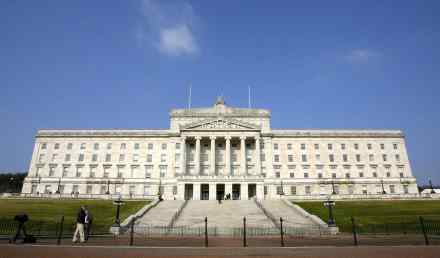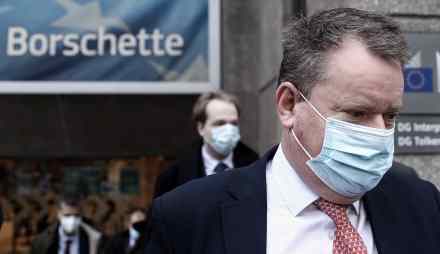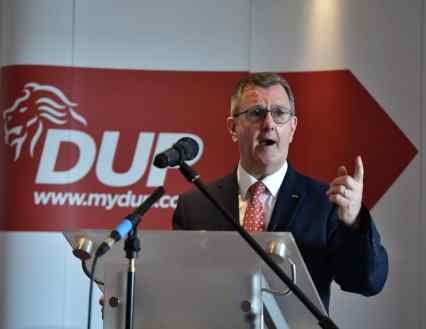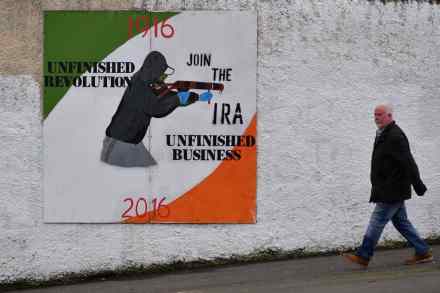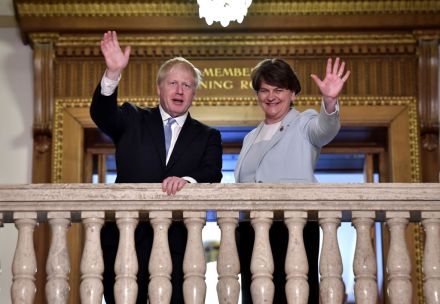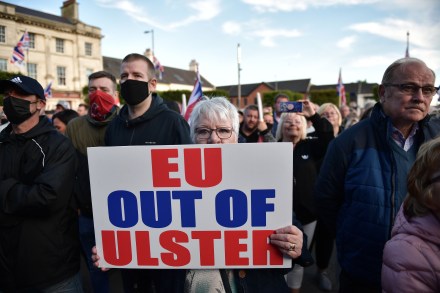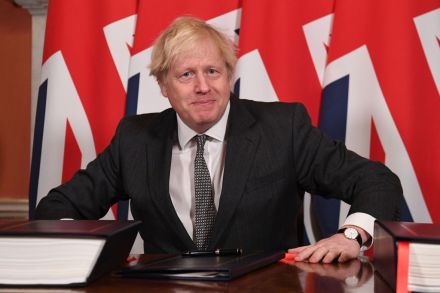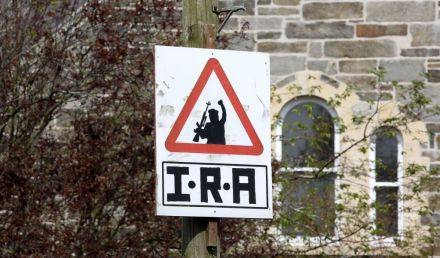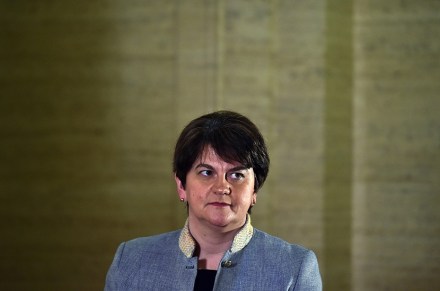Will Westminster ever fix the Northern Ireland protocol?
Last night’s spat between the Foreign Office and the Treasury was hardly reassuring for Unionists. If you missed it, a Treasury amendment proposed a change to customs regulations where ‘UK’ was replaced with ‘Great Britain’. What’s so bad about that, you might ask. The answer is that it would have codified the carving-out of Northern Ireland as a separate legal entity. This is something that the protocol establishes: Northern Ireland continues to follow EU customs rules while Great Britain is able to diverge. But this breaking off of Northern Ireland is something the government was supposed to be trying to prevent. Sure enough, the amendment was pulled and Liz Truss
